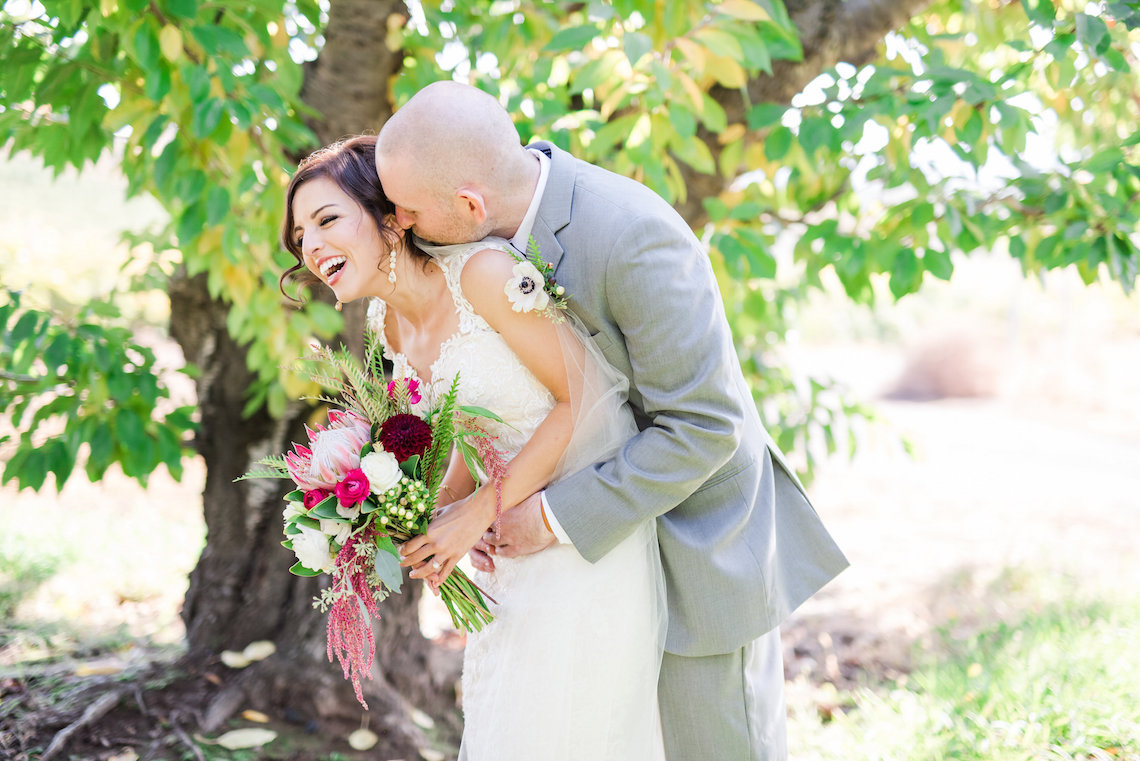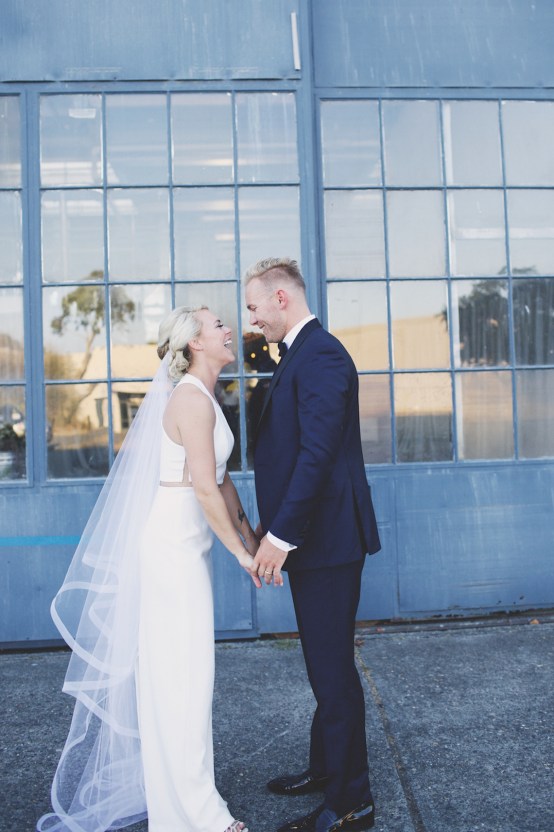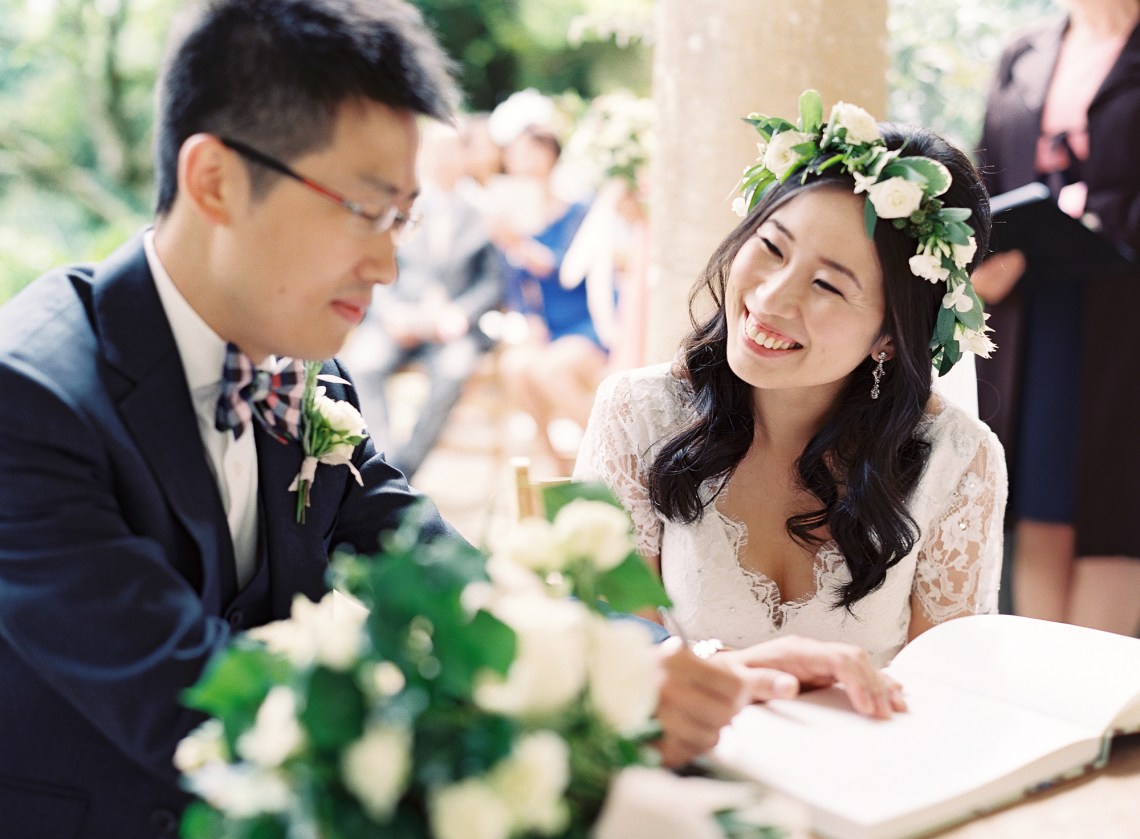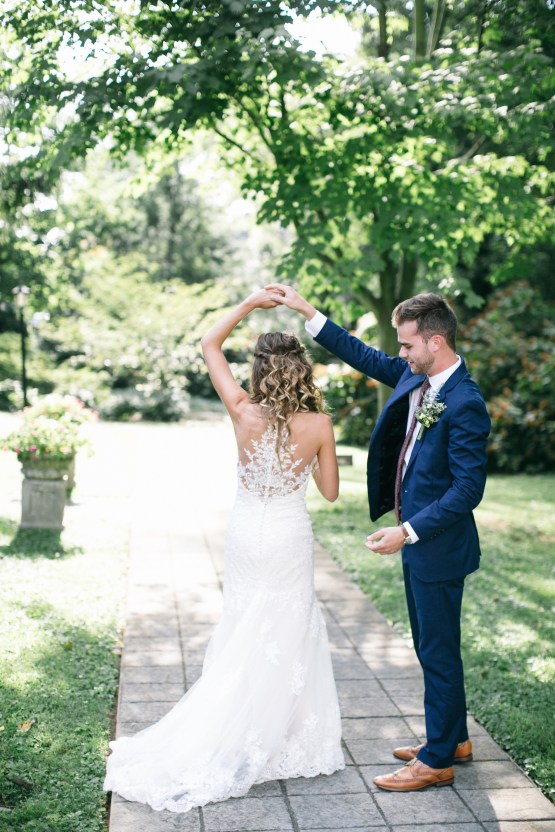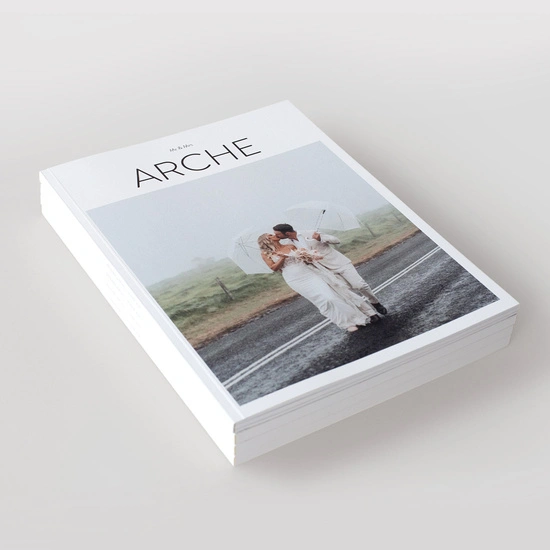So, as you may know, a couple of weeks back, we launched Healthy Happy Bride, a year-long campaign all about making your wedding planning experience as fun, positive and uplifting as possible.
No body bashing, no crash dieting, no getting into debt, and no stress and anxiety. But that’s easier said than done, right?
So for anyone newly engaged, or near the start of their wedding planning, we thought we’d set you up on good footing, with ten ideas for how to kick start your planning the Healthy Happy Bride (and Groom) way.

